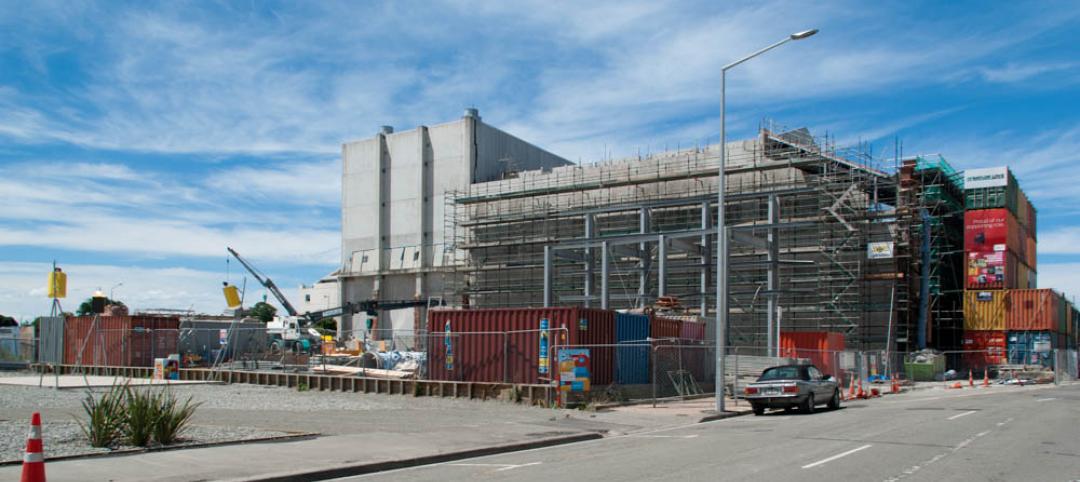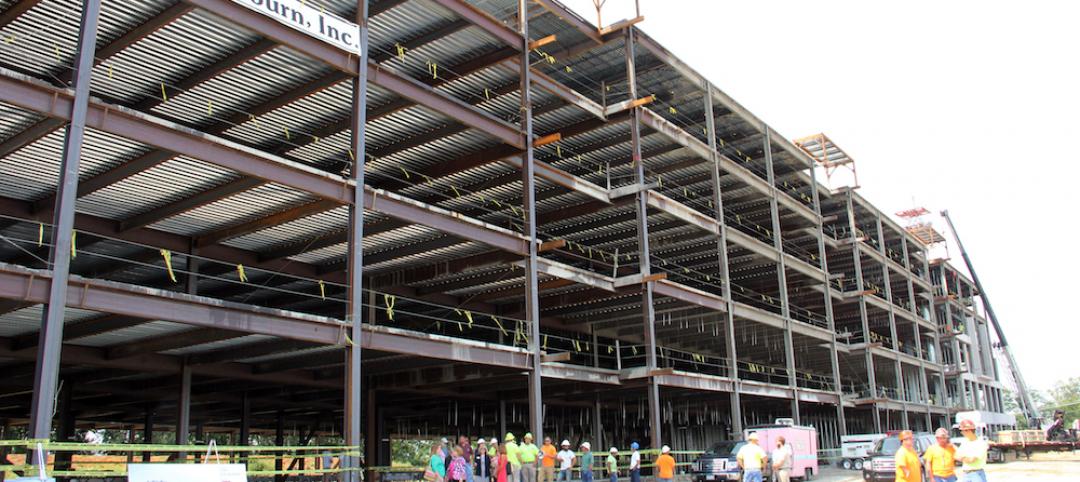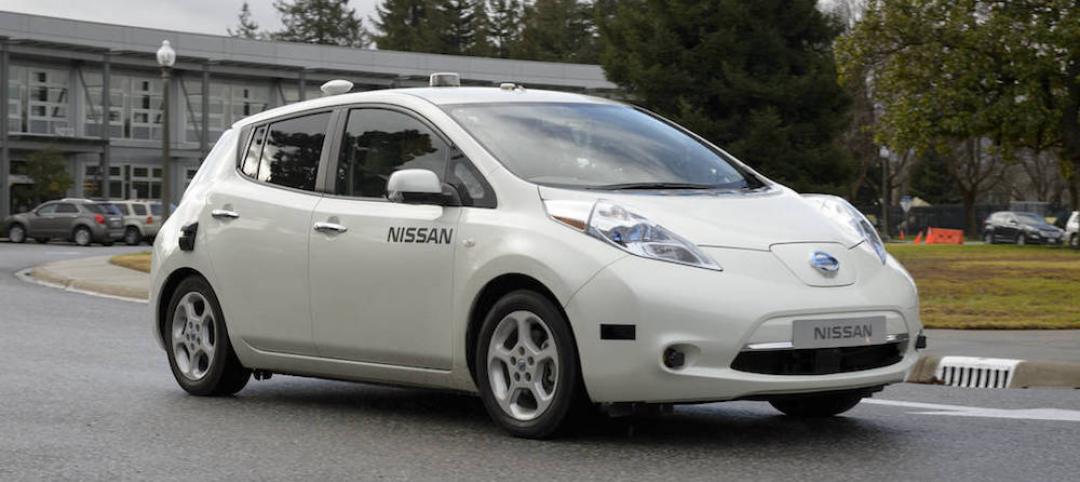The International Code Council (ICC) stripped the rights of local governments to vote on provisions of new versions of the International Energy Conservation Code (IECC).
The move could make it harder for cities to reduce their greenhouse gas (GHG) emissions within building sectors. The ICC’s new code development system gives the construction and gas industries more control by replacing localities’ voting power with a new process that still factors in local-level input, but gives industry groups more say in the end result of code development.
States typically adopt the ICC’s most recent standards for their building codes. If new code versions are less ambitious in promoting energy efficiency and cutting GHG emissions, cities are likely to adopt less stringent state codes.
More than 200 organizations and individuals submitted comments to the ICC surrounding its decision to end government voting, with 75% of those comments opposed to the action.
Related Stories
Green | Jul 6, 2016
U.S. healthcare system’s GHG emissions rise 30% in past decade
If U.S. healthcare were a country, it would rank 13th in GHG emissions.
Codes and Standards | Jul 5, 2016
State legislature fails to pass law to extend design-build for New York City projects
Would have allowed five city agencies to use alternate delivery method.
Energy | Jun 30, 2016
Energy Department partnership with CoStar Group will study sustainability impact on property valuation
Database will offer rich data set on energy-efficient buildings in the U.S.
Contractors | Jun 30, 2016
Chicago contractor found guilty of fraud on city’s requirement on minority-owned businesses
Alleged to have been sham business in bid to win city public works contract.
Codes and Standards | Jun 29, 2016
OSHA starts evaluation of construction industry noise standards
New studies indicate significant number of construction workers suffer hearing loss.
Seismic Design | Jun 28, 2016
ASTM International updates seismic risk standards
Expected to improve consistency of risk evaluation on commercial real estate transactions.
Codes and Standards | Jun 17, 2016
Feds publish framework for evaluating public-private partnerships
No single factor determines whether a project yields stronger benefit as a P3.
AEC Tech | Jun 17, 2016
Driverless cars could soon start impacting commercial, retail project design
Offsite parking and more space for valet parking lines are among the foreseeable changes.
Codes and Standards | Jun 17, 2016
Bay State moves toward single BIM protocol on state projects
Massport’s guidelines a step forward for integrated BIM initiative.
Multifamily Housing | Jun 14, 2016
San Francisco voters approve tougher affordability requirement on new housing development
Critics charge that the measure may backfire and actually reduce new affordable units.

















